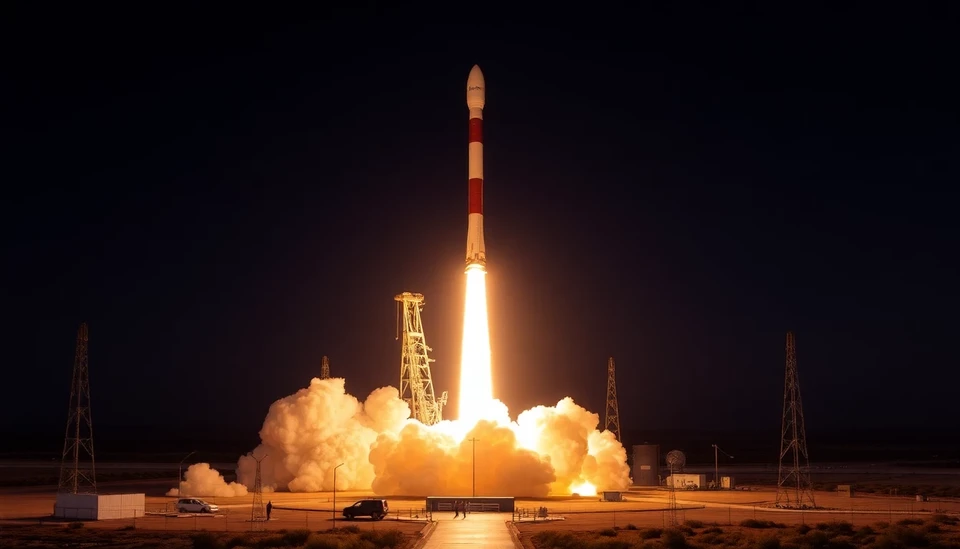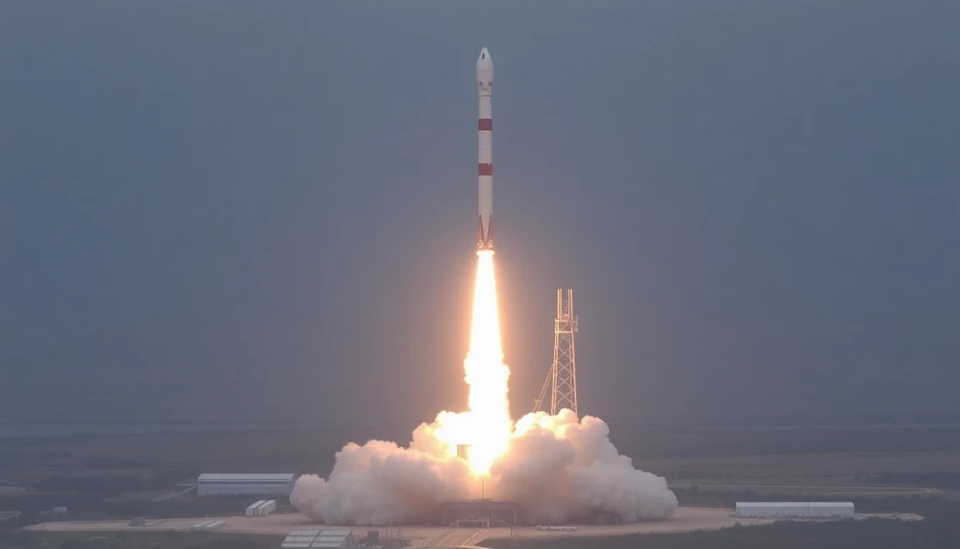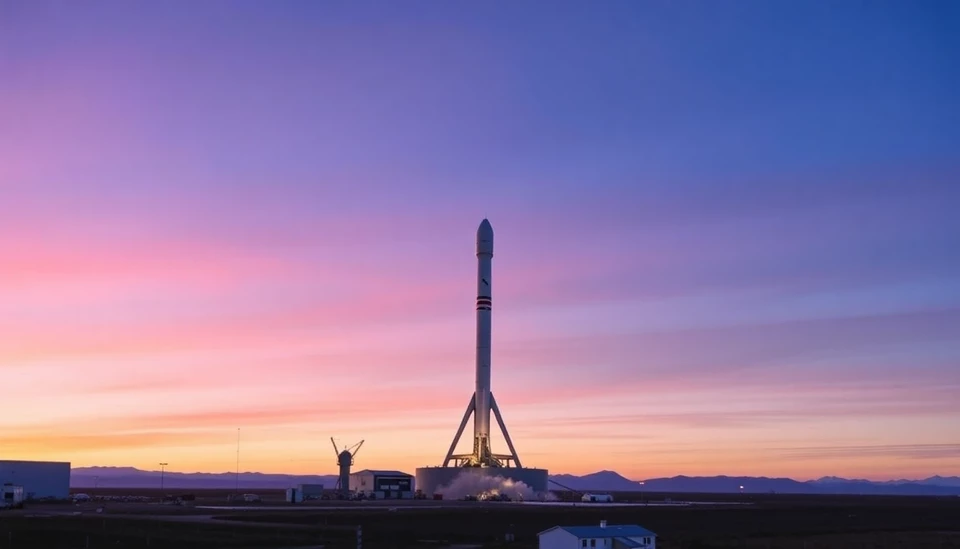
In a recent statement, Gwynne Shotwell, the President and COO of SpaceX, has voiced significant concerns regarding the role of U.S. regulators in the advancement of space exploration. Shotwell emphasized that the current pace of regulatory approval is not keeping up with the rapid growth and innovation that characterizes the private aerospace industry, leading to delays in critical space missions.
During a conference held on November 15, 2024, Shotwell elaborated on the challenges faced by SpaceX and other companies in the burgeoning space sector due to the regulatory framework established by federal agencies. She criticized the lengthy review processes that can stall or entirely halt ambitious projects aimed at advancing human spaceflight, cargo missions, and satellite deployment.
Shotwell explained that while safety and environmental considerations are critical, the delays hinder not only SpaceX but also the broader American space industry. With competitors from nations and private firms emerging globally, she urged regulators to streamline their processes to maintain the United States' leadership in space exploration.
She cited specific examples of stalled projects and highlighted the need for a more adaptive regulatory approach that recognizes the quick pace of technological advancements within the aerospace sector. Shotwell’s comments resonate as SpaceX prepares for its upcoming missions which are crucial for NASA’s ongoing initiatives for lunar and Martian exploration.
The heightened scrutiny from regulators has raised concerns among industry stakeholders about the potential for the U.S. to lose its competitive edge in the global market. Many believe that fostering an environment that encourages innovation and expedites regulatory responses is essential for ensuring robust growth in the space realm.
Shotwell’s remarks come amidst discussions in Washington about how best to regulate the booming space industry, notably in regards to safety, carbon emissions related to rocket launches, and the increasing congestion of low Earth orbit. Experts have suggested that a balancing act must be achieved to permit both safety and progress in this vital sector.
Looking forward, Shotwell and SpaceX intend to engage with regulators to advocate for improvements in the regulatory process, focusing on collaborative approaches that could serve the interests of both the industry and safety protocols. In her closing remarks, she reaffirmed SpaceX's commitment to pushing the boundaries of space technology while also prioritizing the well-being of the environment and space safety.
As private space travel becomes more prevalent, the pressure increases on lawmakers and regulatory bodies to adapt to the new landscape. It remains to be seen how quickly these changes can materialize and what impact they will have on future projects, including those planned by SpaceX and its growing roster of partners.
As the conversation unfolds, stakeholders across the space industry will be closely monitoring the developments in regulatory frameworks, eager to see how they will affect the future of space exploration efforts in the United States and beyond.
#SpaceX #GwynneShotwell #SpaceExploration #RegulatoryChallenges #AerospaceIndustry #Innovation #FutureOfSpace
Author: Victoria Adams




